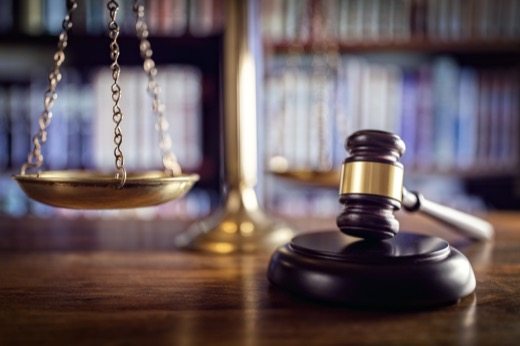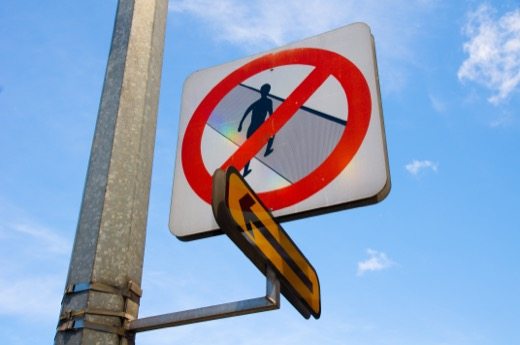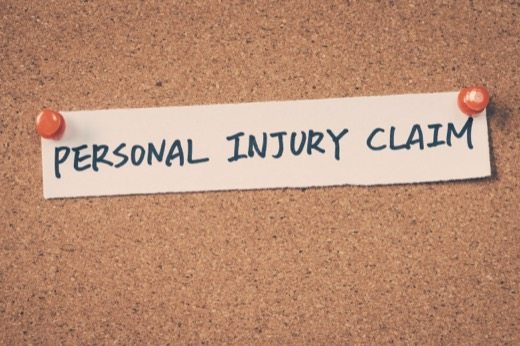Following a Personal Injury Claim Through the Process
Unless you are a lawyer or work in a law firm, it is unlikely that you understand how a personal injury claim works its way through the system. This blog post seeks to walk you through the process from start to finish.
A Visit with your Florida Personal Injury Attorney
The first step in a personal injury case is determining whether or not you have a claim. Some common types of claims include the following:
Car accidents;
Motorcycle accidents;
Slip and fall accidents;
Medical malpractice;
Amusement Park accidents;
Dog bites;
Injuries due to negligent security; and
Hotel accidents.
This is just a list of examples of the types of injuries which could result in a claim. If you are unsure whether or not you have a claim, it is a good idea to speak with an attorney to assist you.
Proceeding with a Claim
Once your Florida personal injury attorney determines you have a claim, they will begin the legal process. Your attorney will require information from you, including medical records and statements from you, and others who have observed your injuries.
In addition to determining the extent of your injuries, your personal injury attorney may contact the attorney for the insurance company in an attempt to settle the case without the need for filing a case in a court of law. Alternatively, depending on the facts and circumstances of the case, your attorney may proceed to filing a claim in court. The court will issue a scheduling order for the parties.
The Contents of a Scheduling Order
Once the scheduling order has been issued, the following steps will occur:
Plaintiff (the injured party) provides the defendant (frequently an insurance company) with “discovery” (Discovery is a legal term that basically means “the evidence that proves you were hurt, and how much money it has cost and will cost to make you whole,” also known as “damages”);
Plaintiff may be deposed (interviewed under oath by an attorney for the other side);
Plaintiff provides a preliminary list of witnesses;
Defendant provides preliminary witness list;
Expert witnesses are identified and disclosed to the other side;
The date of the pretrial;
Final witness lists;
The date of the trial.
Things that Happen Between Filing and Trial
It may come as a surprise that most cases do not actually go to trial. Rather, most cases settle at some point between the plaintiff providing the defense the evidence they have, and the time of the trial. This can happen based on a number of different factors and can include:
A negotiated settlement between the parties;
As a result of arbitration, either binding or nonbinding;
As a result of mediation.
A Negotiated Settlement
Many times, after a careful review of all the evidence, the lawyers for the insurance company will make an offer to settle the case. When this occurs, you can be sure your personal injury attorney will take that offer as an opportunity to attempt to negotiate a higher settlement. Once your personal injury attorney believes he has negotiated the best offer he can for you, your attorney will convey the offer to you. While your attorney is entitled to an opinion on whether it is a good offer or a bad offer, or whether you might be able to get a better settlement after a trial, it is your decision, and your decision alone as to whether or not to accept the offer.
Arbitration
Under the laws in the state of Florida, the court can refer civil actions, such as personal injury cases, to something called “non-binding arbitration.” Arbitration can include a single arbitrator or a panel of arbitrators, who hear the case. While evidence is presented, including testimony, documents, and exhibits, the hearing is significantly less formal than a trial. The arbitrator or the panel of arbitrators will issue their decision in writing. Because arbitration is generally nonbinding, the parties may accept the decision or they may decide to take the case to trial.
The parties can also enter into binding arbitration. The procedures are the same as in nonbinding arbitration, but the arbitrator’s decision is final. It can only be appealed within limited circumstances.
Mediation
Mediation is also an option which may lead to case resolution, except in cases of medical malpractice. The statutes in Florida specifically exclude medical malpractice claims from mediation. Mediation involves a neutral third party. The mediator’s role is to help the parties identify issues, and works towards joint problem solving. The mediator can also explore settlement alternatives that might best suit the unique facts and circumstances of a given case. Mediators, unlike arbitrators, do not issue a ruling. Instead, they decision making authority rests with the parties. Mediators can often help parties come to a voluntary, mutually acceptable resolution. However, they are not allowed to impose their will on either party.
What to Consider When Deciding Whether to Accept an Offer
There are many things to consider when deciding whether or not to accept the offer. The amount offered is one consideration. However, there are other factors that you cannot put a price on. For example, the stress of a trial is a consideration. Additionally, the fact that the case will continue on for weeks or months, instead of resolving now. When a case goes to trial, the jury or judge decides the appropriate dollar amount to award as damages. It may be higher than the amount offered, but it may also be lower than the offer. Finally, in many cases, an award made after a trial can be appealed by the insurance company if they don’t think the amount awarded was just. This will delay your claim even further.
Trial
If, and only if, none of these measures settles, the case will it go to trial.
What to Do if You Think You Have a Claim
If you have sustained an injury, or if you have lost a loved one in an accident, contact the experienced Florida accident attorneys at Madalon Law. They will meet with you at no charge to discuss the facts and circumstances of your case.














